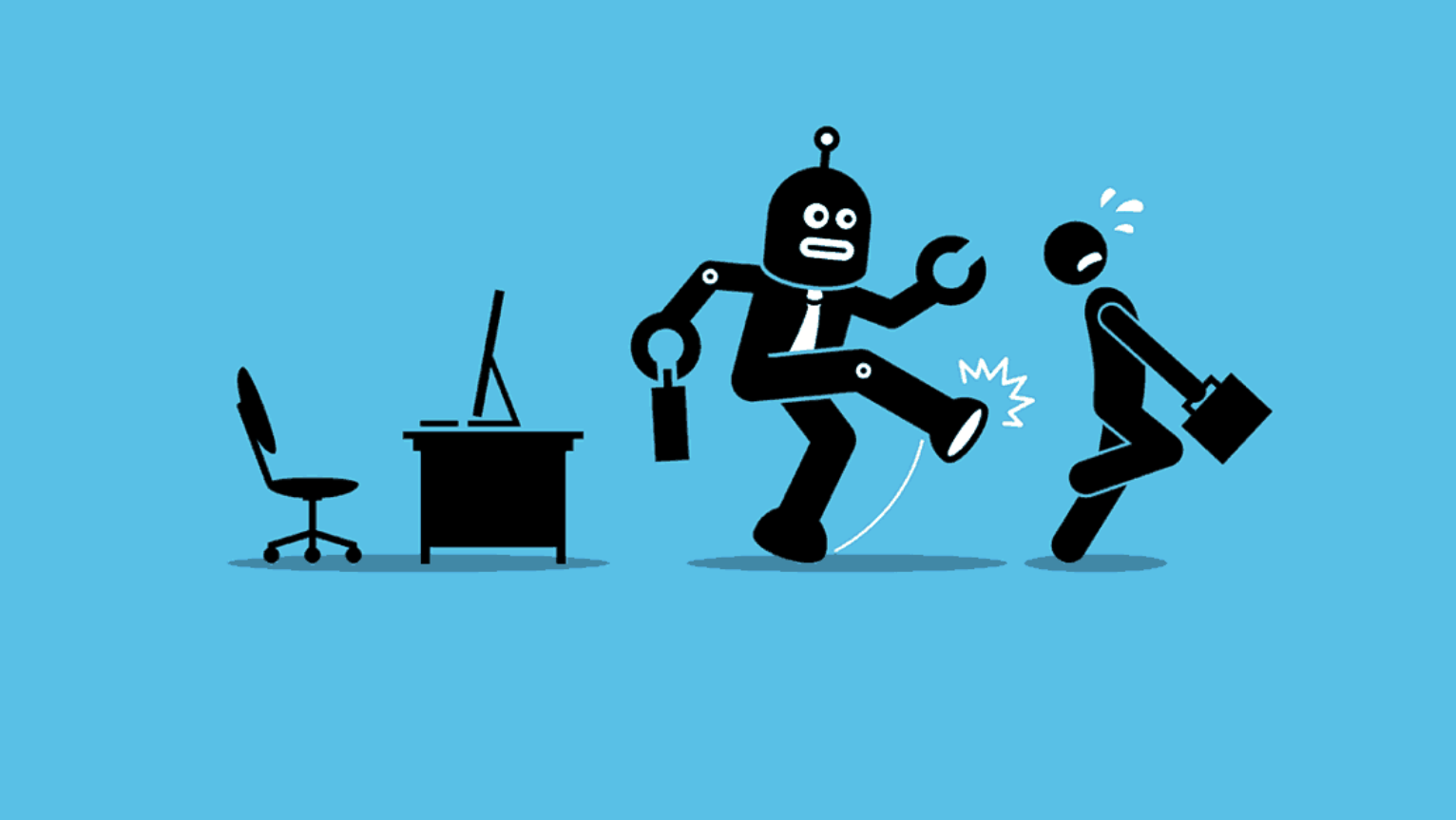Whether we key in to the changes or not, the world of work is changing. There is a global process of replacement going on and it is not a ‘far future’ of work. Automation and thinking machines are replacing human jobs, in turn, changing the skills organisations need.
Competition to get the right talent is chippy and ‘talent’, some years ago, is not the same as now. Also, academic excellence used to be the yardstick for graduate talent. Now, differentiated talent is indicated by creativity and innovation.
What does all this mean for businesses and human resources? How are talents preparing for these?
In a report titled, “The Jobs of Tomorrow“, the Managing Director, World Economic Forum, and Head, the Forum’s Center for the New Economy and Society, Saadi Zahidi noted – in the wake of a COVID-influenced world – that so many jobs will disappear and others will emerge as the world faces a dual disruption.

Read also: Nigeria Announces Own Digital Currency E-Naira in Partnership With Bitt
The report says the workforce is automating faster than expected, displacing 85 million jobs in the next five years.
“Automation, in tandem with the COVID-19 recession, is creating a “double-disruption” scenario for workers. Companies’ adoption of technology will transform tasks, jobs, and skills by 2025. Some 43 percent of businesses surveyed indicate that they are set to reduce their workforce because of technology integration, 41 percent plan to expand their use of contractors for task-specialised work, and 34 percent plan to expand their workforce as a result of technology integration. Five years from now, employers will divide work between humans and machines roughly equally.“
The report also notes that remote work is here to stay, notwithstanding Nigerian company’s insistence on a ‘physical presence’ in the work conversation.
“Some 84 percent of employers are set to rapidly digitalise work processes, including a significant expansion of remote working. Employers say there is the potential to move 44 percent of their workforce to operate remotely. However, 78 percent of business leaders expect some negative impact on worker productivity, and many businesses are taking steps to help their employees adapt.“
It is no news that Nigeria comes late to the party and the reality of the disruption the pandemic has caused has yet motivated businesses, HR departments and even talents to begin changing the definition of differentiated capabilities.
A tour round Lagos sees businesses insisting employees resume work physically even when there is a possibility to do the work from home. Employees have also not begun upgrading their skill set to meet the realities of the new world – a world which is already spinning on the wheels. And, if we said HR is a little bit confused, we may not be mincing words, knowing that companies have not yet created departments or renamed departments to meet the new realities.
Nigeria – Nigerians – needs to act now. Leaders should already be getting a depth of understanding into the changing technology landscape. Organisations cannot protect jobs made redundant by technology, but they have a responsibility to their employees – reskilling.
Nigeria cannot afford to sit back and enjoy the ride from outside the track. We need to accept new technology, build relevant skills, upturn old processes and be ready for the revolution.
It is here – The Future of Work. Where are you in the scheme of things?
























